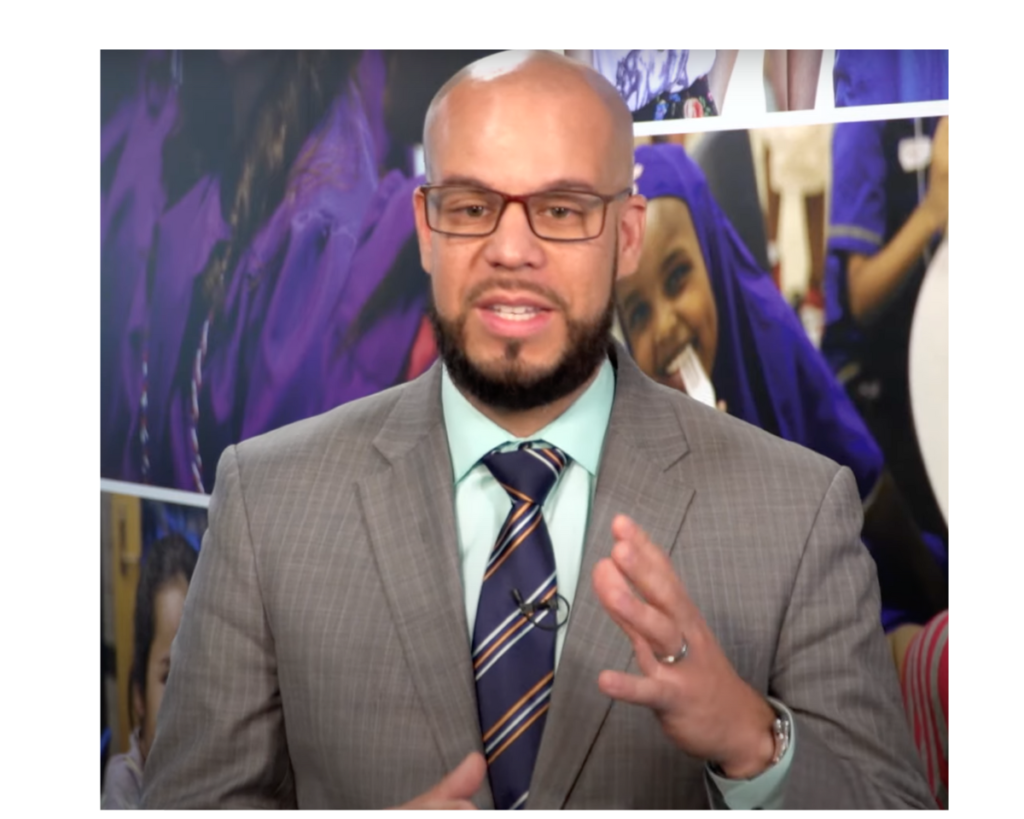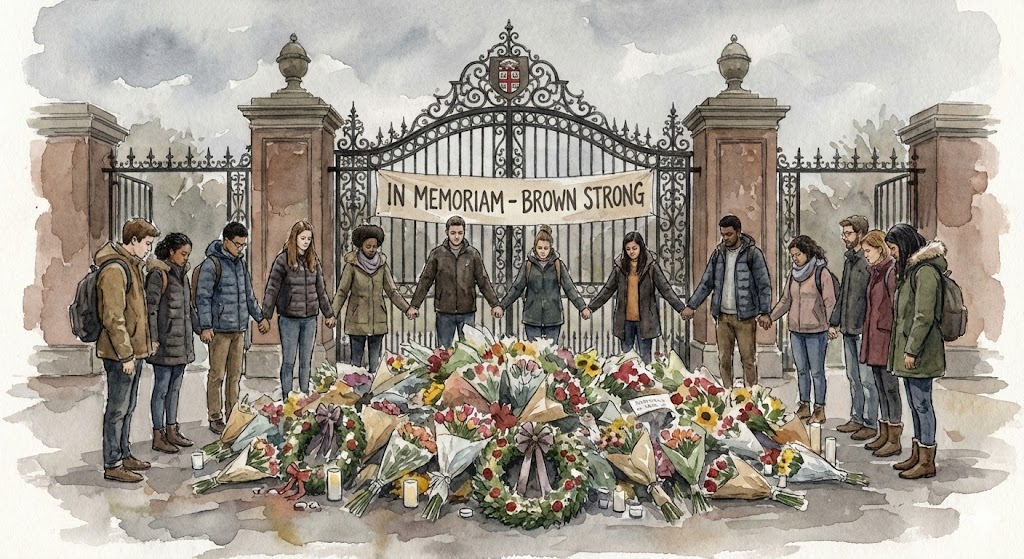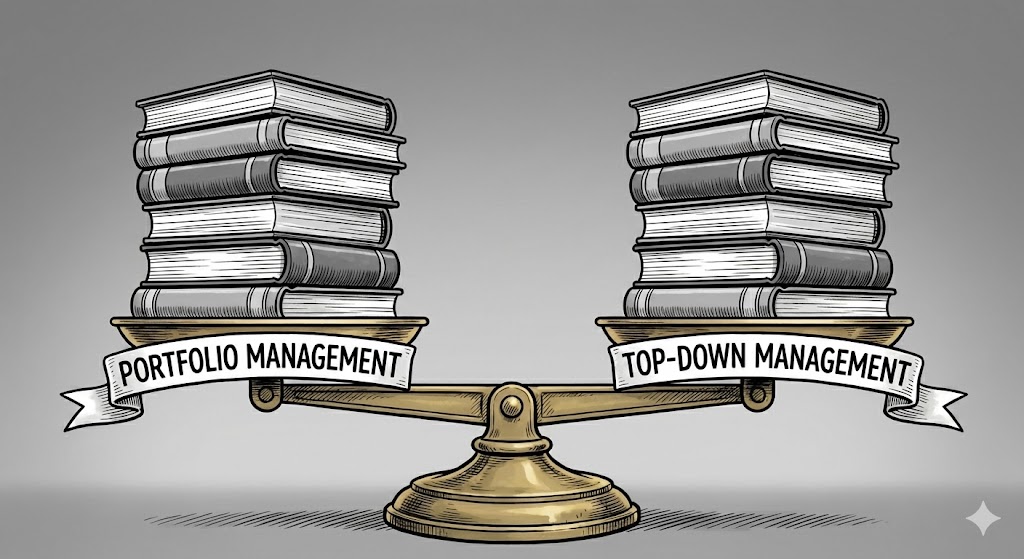I recently filed a Colorado Open Records Act request with Denver Public Schools for copies of an internal staff survey on the job performance of Superintendent Alex Marrero.
The CollaboRATE surveys have been around for many years, since the superintendency of Tom Boasberg (2009-2018). They are designed to provide supervisors, from superintendent to building principals, with constructive feedback on how their subordinates view their leadership.
It didn’t come as a shock that DPS turned down my CORA request. The rejection cited three reasons under the state’s open records law:
- “The material is so candid or personal that public disclosure is likely to stifle honest and frank discussion within the government;”
- The survey results are part of Marrero’s personnel file, which makes withholding them permissible. DPS has a case on this issue pending before the Colorado Court of Appeals.
- “Disclosure to the applicant would be contrary to the public interest.”
DPS Chief Communications Officer Bill Good said the public interest exception was invoked because “there is an assumption by those taking the survey that the results are confidential. There is a concern that the responses on the evaluations may be influenced by the knowledge that they would become public.”
But I didn’t ask for individuals’ ratings. Results aggregated to give a broad picture wouldn’t seem in any way to infringe on individual confidentiality. Also, as you’ll see below, Marrero’s predecessors shared their aggregated CollaboRATE results broadly.
The bottom line is that Marrero, in stark contrast to Boasberg and Susana Cordova, apparently doesn’t want anyone else’s eyes on how his employees view his leadership. I asked him about this and he said that the survey results are intended for his use only.
Nor are they part of his performance review conducted by the board, he said.
Marrero defended this by asserting that his annual board evaluation is “the most public of all DPS employees (and more so than any other superintendent.)”
The annual board evaluation, Marrero said, is “the most detailed and transparent…ever for DPS.” Detailed metrics established by the board and superintendent, through the complex Policy Governance framework, will give the public a detailed look at his performance against goals, he said.
I have two issues with this. First, it is unrelated to how his staff views his leadership, so is separate and distinct from the CollaboRATE survey. Second, what Marrero says is purely theoretical at this point. He has not had a board evaluation to date, despite having been in his job for two years. Yet he has received two hefty raises and two contract extensions.
Last year, the board had Marrero conduct a self-evaluation. As I wrote then, “The school board has sought no community input on his performance, and it will be another year before the board is supposed to take a serious, data-driven look at his performance.”
So perhaps it will be the most detailed and transparent evaluation ever. Then again, perhaps not. We will see come October.
The fact remains that Marrero’s two predecessors broadly shared the results of staff surveys of their performance, and Marrero has chosen not to do that.
Boasberg had dozens of employees rate him annually, and then prepared a detailed slide deck and reviewed his ratings with more than 500 central administrators and support staff, building principals, and assistant principals.
I reached out to Boasberg to ask him about why he felt it was important to be open about his performance ratings. He was more than willing to discuss this, though he understandably declined to say anything about Marrero.
Boasberg cited two reasons he displayed and discussed his ratings, warts and all. The first was his view that feedback provides a learning experience. “You can’t learn unless you get feedback from people,” he said. “Don’t be scared of feedback, welcome it,” he said.
During his presentations, Boasberg said, he would discuss what he had learned from the survey results and what he would commit to changing as a result.
That leads to the second reason he regularly went public with his results: Accountability, which happens to be one of the district’s six core values.
“I think it’s important to live that core value,” Boasberg said. “Accountability is not punishment, accountability is being able to be responsible about what your results are, and owning up to the things to really celebrate and the areas where you need to grow.”
Boasberg said that during his tenure, there was a district-wide requirement that department heads and building principals also share their CollaboRATE results with their staffs. “If we were going to ask our school leaders to do that, I needed it to start with me,” he said.
Marrero should take Boasberg’s example to heart. There has been significant turnover of senior staff since he became superintendent. While this is common to a degree when a new superintendent takes office, the scale of change and the drain of talent and institutional memory form the district have been more dramatic this time than during any other regime change in the almost 25 years I have been reporting on DPS.
Some might argue that this is a positive development, and that DPS needed a wholesale culture change. If Marrero were to let the public see how his staff rates his leadership, we might have a better idea of whether that is the view from the inside as well.




